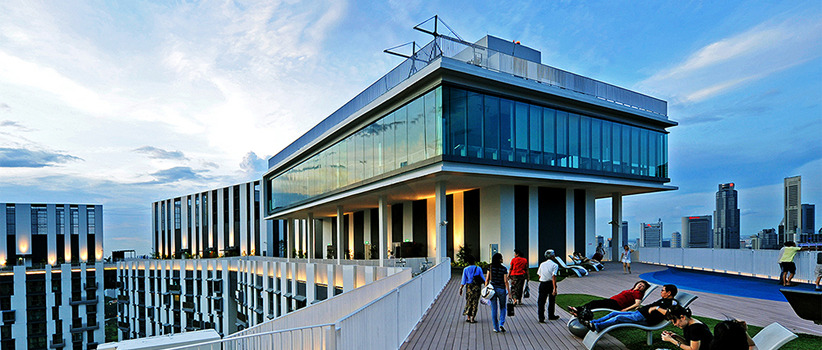How Singapore Handled the Pandemic
How Singapore handled the pandemic is not surprising. It was one of the first countries to detect the disease and was near the top of the confirmed cases list in early February. After the SARS wake-up call, the health system has invested heavily in capacity building and outbreak preparation. The country has learned many lessons on every level: disease, community, and health system. It will continue to learn from the experience and will improve its response in future situations.
Singapore sg news has been a model for handling a pandemic. Since the early days of the epidemic, the country has been under a "circuit breaker" lockdown. It has kept the number of new cases down to single digits, but it hopes to expand the tests to cover more of its population. This method is known to be highly effective in the past, and is being tested for more patients every day.
In the early days of the epidemic, the government focused on testing people who were experiencing flu-like symptoms. It was so rare for physicians to test someone with the disease that the public was turned away. Luckily, Singapore had a quarantine facility to accommodate the worried but healthy. The only downside to this system was the long waits for medical advice. As a result, the government had to prioritize incremental measures over a more immediate approach, which made the process of detecting and treating the virus easier.
Singapore had a high number of recovered patients, and the government's response was exemplary. A few days after the outbreak, there were just 926 fatalities, which is below the global case fatality rate. While the number of deaths is low, the government's communication strategies were effective. A combination of a transparent government and a strategy that keeps the population safe has helped Singapore avoid lockdowns.
As a result, Singapore's contact tracing system has been extremely effective. The government is able to trace over 90% of the confirmed cases using the application. This has avoided the need for lengthy lockdowns, which have been a common risk in the past. The government also had a streamlined response to the pandemic. While it may be difficult to control, the country is managing to keep the population safe.
Despite the high number of deaths, the government was able to pivot quickly and keep the economy and healthcare system functioning. The government was able to prevent the spread of the disease, and it introduced policies that reduced social isolation. The country's health system also had to adapt to the sudden increase in demand for vaccines. Furthermore, the government's actions were laudable, and the public was impressed with the speed and quality of their responses.
https://sgnewssingapore.edublogs.org/2021/12/10/what-happened-to-singapore-when-covid-starts/
https://6139785a43861.site123.me/blog/how-singapore-handled-the-covid-19-pandemic
https://singaporestraighttime.mystrikingly.com/blog/latest-covid-news-in-singapore
https://mqiu809.wixsite.com/straighttimesingapor/post/latest-covid-news-in-singapore


